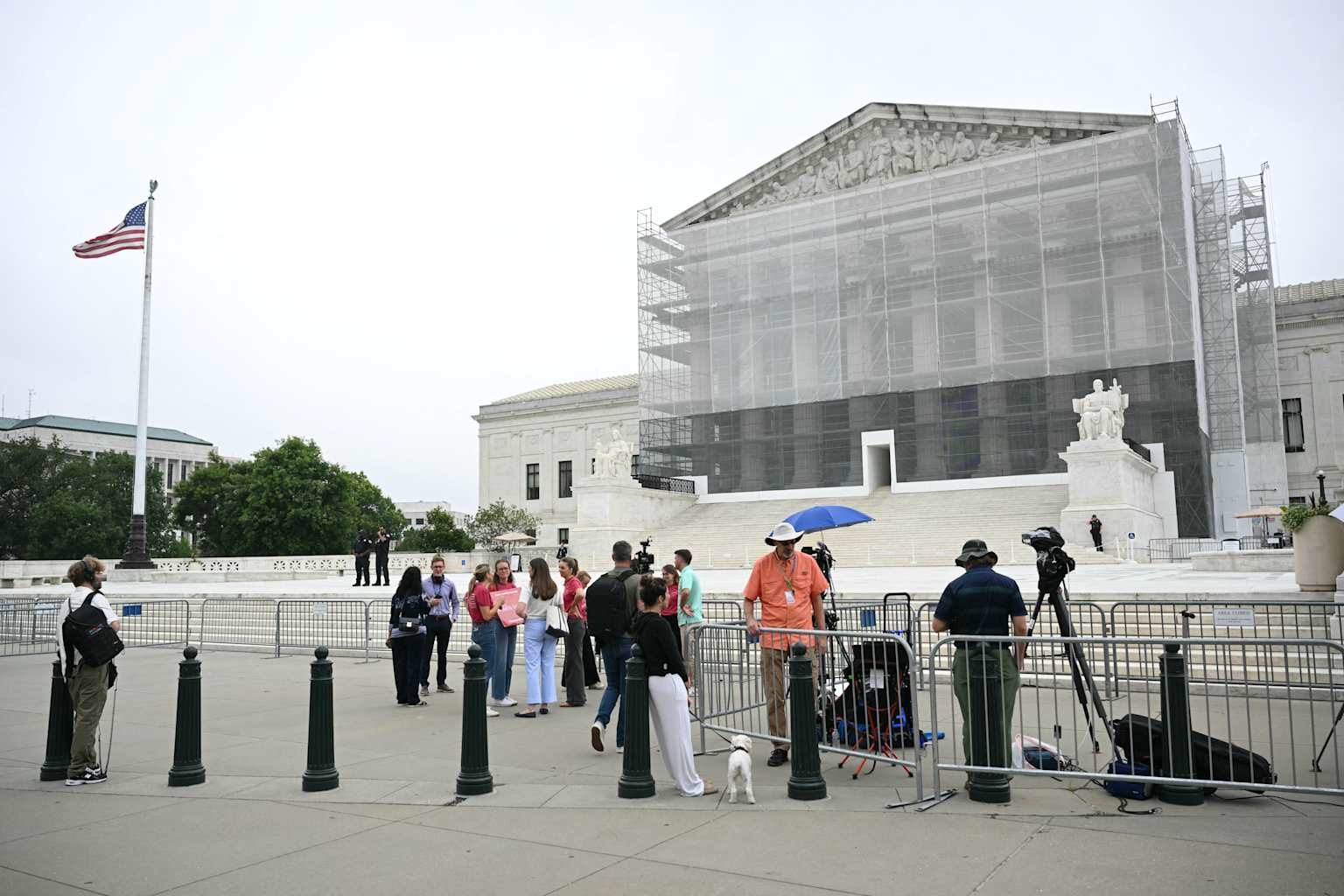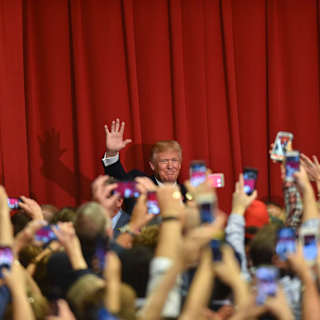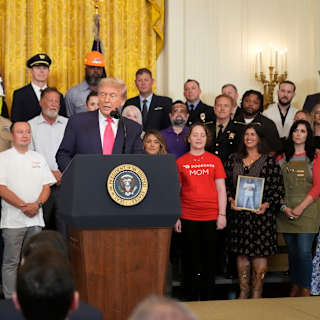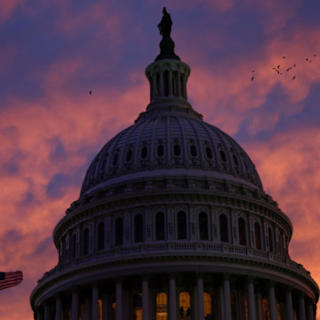- Unusual Government Position Creates Political Divide
- Latest in String of Campaign Finance Rulings
- Coordination Limits Under Fire
The Supreme Court agreed Monday to hear a Republican challenge that could fundamentally reshape how political parties fund campaigns, setting up a major campaign finance battle with implications for the 2026 midterm elections.
The case, National Republican Senatorial Committee v. Federal Election Commission, challenges federal limits on how much money political parties can spend in coordination with their candidates. The justices will review a 6th Circuit Court of Appeals ruling that upheld spending restrictions based on a 2001 Supreme Court precedent, with oral arguments scheduled for fall.

In a rare move, the Trump administration is declining to defend the federal law, instead agreeing with Republicans that the coordinated spending limits violate First Amendment speech protections12.
"The government agrees with petitioners that the challenged statute abridges the freedom of speech under this Court's recent First Amendment and campaign-finance precedents," Solicitor General D. John Sauer wrote in a May filing2.
This has prompted Democratic committees to ask the Supreme Court to let them intervene and defend the law themselves3. "Democrats won't stand by and let Republicans pave the way for the ultra-wealthy to rig our democracy," said Democratic Senatorial Campaign Committee Chair Kirsten Gillibrand, Democratic National Committee Chair Ken Martin and Democratic Congressional Campaign Committee Chair Suzan DelBene3.
The case represents another potential blow to campaign finance restrictions from the court's conservative majority. Since 2010, the justices have systematically dismantled spending limits, beginning with Citizens United v. FEC, which allowed unlimited corporate political spending12.
The court struck down aggregate donation limits in McCutcheon v. FEC in 20143 and invalidated restrictions on candidate loan repayments in FEC v. Ted Cruz for Senate in 202242. Justice Clarence Thomas, who dissented from the 2001 ruling upholding party spending limits, is the only justice remaining from that decision2.
The Republican challenge argues that current restrictions force an artificial separation between parties and candidates. "Congress has built a wall of separation between party and candidate, forcing party committees to figure out how to get their candidates elected without hearing from them," the GOP committees wrote in their appeal2.
For 2024, coordinated spending limits ranged from $123,600 to $3.7 million for Senate candidates and $61,800 to $123,600 for House candidates2. The case involves current Vice President JD Vance, who was a Senate candidate when the challenge was filed52.
The 6th Circuit acknowledged that "the law and facts have changed" since 2001 but felt bound by Supreme Court precedent2.
The federal limits on coordinated party expenditures that Republicans are challenging have been in place for 50 years under the Federal Election Campaign Act. For 2024, these limits restrict national party committees to spending between $123,600 and $3,772,100 for Senate candidates (depending on state population) and between $61,800 and $123,600 for House candidates when coordinating with those campaigns.12 Presidential nominees face a cap of $32,392,200 in coordinated party spending.1
The GOP challenge argues these limits unconstitutionally restrict political speech while creating artificial barriers between parties and their candidates. The case follows the Supreme Court's pattern of invalidating campaign finance restrictions, including Citizens United (2010) and FEC v. Ted Cruz (2022).2 Democrats and campaign finance reform advocates counter that eliminating these limits would effectively circumvent individual contribution limits, as donors could route large donations through parties directly to candidates, potentially "eroding" the $3,000 per-election individual contribution limit that currently applies to federal candidates.34





